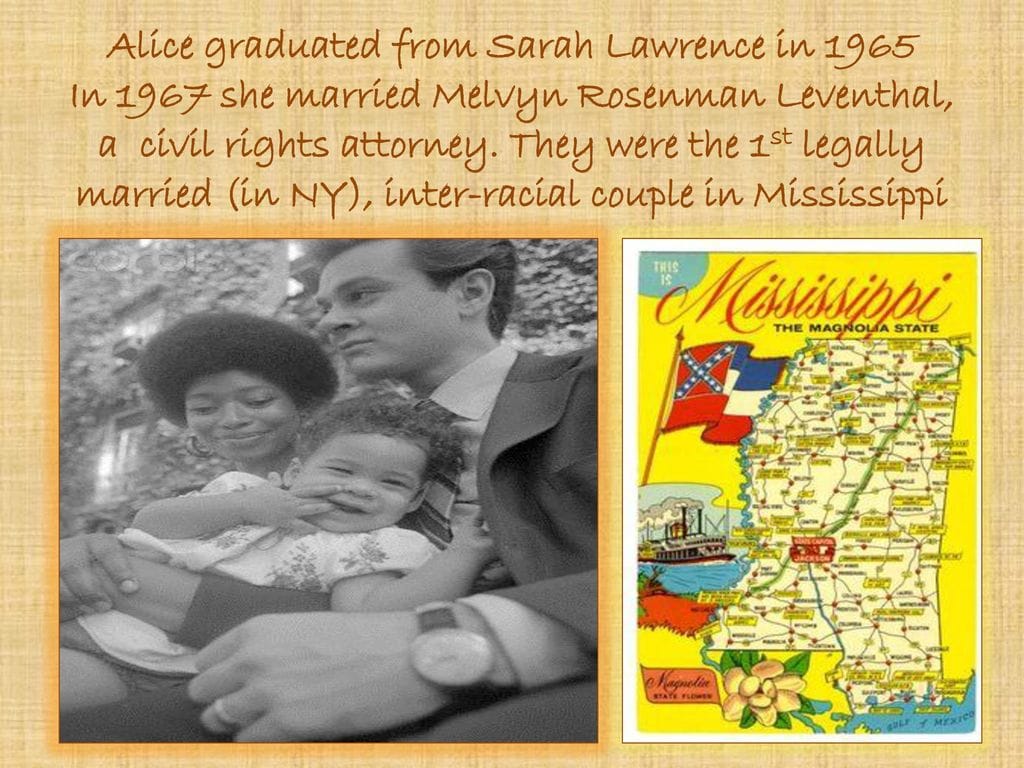The Making of a Civil Rights Advocate
Melvyn R. Leventhal, a pivotal figure in the Civil Rights Movement, shattered racial barriers in Mississippi, both legally and personally. Born on March 18, 1943, in Brooklyn, New York, his early life experiences likely shaped his unwavering commitment to social justice. Attending a yeshiva elementary school instilled in him the Jewish values of community service and the pursuit of justice, which probably provided a moral compass for his later activism. His parents’ divorce when he was nine, leading to separation from some of his siblings and limited contact with his father, might have also fostered a deeper understanding of vulnerability and the importance of legal frameworks in protecting individuals. Growing up in the diverse environment of Brooklyn likely exposed him to the realities of social inequality, further fueling his passion for fighting injustice. He graduated from Brooklyn Technical High School, further developing the intellectual foundation that would serve him well in his legal career. He then attended New York University Law School, where he honed his legal skills and probably began to envision a career dedicated to social change. Further research into his law school years could reveal specific mentors or experiences that solidified his commitment to civil rights law.
From Brooklyn to the Battleground: Leventhal’s Mississippi Fight
Leventhal’s journey took him to Mississippi in the 1960s through the Law Students Civil Rights Research Council, immersing him in the heart of the Civil Rights Movement. He joined the NAACP Legal Defense Fund (LDF), marking his dedication to legal activism. From 1969 to 1974, he served as Lead Counsel for the LDF in Mississippi, spearheading groundbreaking litigation that advanced civil rights and dismantled segregation. He wasn’t just enforcing existing laws like the Civil Rights Act of 1964 and the Voting Rights Act of 1965; he was strategically using the legal system to empower marginalized communities. His work likely involved challenging discriminatory practices in areas like voting rights, school desegregation, and employment. This period in Mississippi arguably represents the most impactful phase of his legal career. Current research on the Civil Rights Movement continues to shed light on the contributions of individuals like Leventhal, and it’s likely that our understanding of his impact will continue to evolve. Want to know more about another author who made an impact? Click here to learn more about Karl Marlantes.
A Landmark Marriage: Challenging Social Norms
In 1967, Leventhal married renowned author and activist Alice Walker in New York City. This union, a powerful symbol of the changing times, was recognized as the first legal interracial marriage in Mississippi. This bold act likely brought intense scrutiny and personal challenges, demonstrating Leventhal’s willingness to challenge societal norms. This interracial marriage almost certainly deepened his understanding of the daily realities of racial discrimination, moving beyond legal theory and into the lived experience of prejudice. It also suggests a broader commitment to justice that wasn’t limited to racial equality.
Leventhal’s Broader Impact and Legal Legacy
Leventhal’s commitment to justice extended beyond his work with the LDF in Mississippi. After returning to New York, he continued as a staff attorney for LDF before transitioning to business law and then public service. From 1979 to 1984, he served as Assistant Attorney General of New York, leading the Consumer Frauds and Protection Bureau. This suggests a commitment to protecting vulnerable individuals from exploitation, expanding his concept of justice to encompass economic fairness. His work likely helped many ordinary people avoid financial harm, demonstrating that his commitment to fairness reached into everyday life.
A Continuing Legacy
Though Leventhal’s career path diversified, his impact on Mississippi and the broader civil rights movement remains undeniable. His efforts, along with those of countless other activists and lawyers, laid the groundwork for a more just and equitable society. We might speculate about the specific legal strategies he employed, the details of cases he argued, and the personal challenges he faced during this tumultuous period. While the historical record may not capture every nuance, his legacy as a dedicated advocate for justice remains clear. Ongoing research might reveal further details about Leventhal’s life and work, offering a richer understanding of his contributions to the ongoing fight for civil rights and social justice. By exploring the specifics of his cases, examining the dynamics of his interracial law partnership with Reuben V. Anderson, Fred L. Banks Jr., and John A. Nichols (who later became prominent figures in Mississippi law), and gathering firsthand accounts, we can gain a more comprehensive understanding of his legacy.
| Key Aspect of Melvyn R. Leventhal’s Life | Description | Possible Impact |
|---|---|---|
| Civil Rights Advocacy in Mississippi | Lead Counsel for NAACP Legal Defense Fund, challenging segregation and discriminatory laws. | Desegregation of schools, expansion of voting rights, empowerment of African Americans in Mississippi. |
| Interracial Marriage with Alice Walker | First legally married interracial couple in Mississippi. | Challenged societal norms, symbolized the struggle against racial prejudice. |
| Assistant Attorney General in New York | Focus on consumer protection and fighting fraud. | Protection of vulnerable consumers, deterrence of unfair business practices. |
| Formation of Interracial Law Firm | Established Mississippi’s first interracial law firm. | Fostered legal careers of future African American justices, promoted integration within the legal profession. |
It is important to acknowledge that our understanding of historical figures is always evolving. While some aspects of Leventhal’s personal and professional life may remain less documented, his work continues to inspire us today. It reminds us that the fight for justice is an ongoing process and that each of us has a role to play in building a more just and equitable world.
- Unlock Elemental 2 Secrets: Actionable Insights Now - April 2, 2025
- Lot’s Wife’s Name: Unveiling the Mystery of Sodom’s Fall - April 2, 2025
- Photocell Sensors: A Complete Guide for Selection and Implementation - April 2, 2025

















1 thought on “Melvyn R. Leventhal: Champion of Civil Rights and Consumer Justice”
Comments are closed.